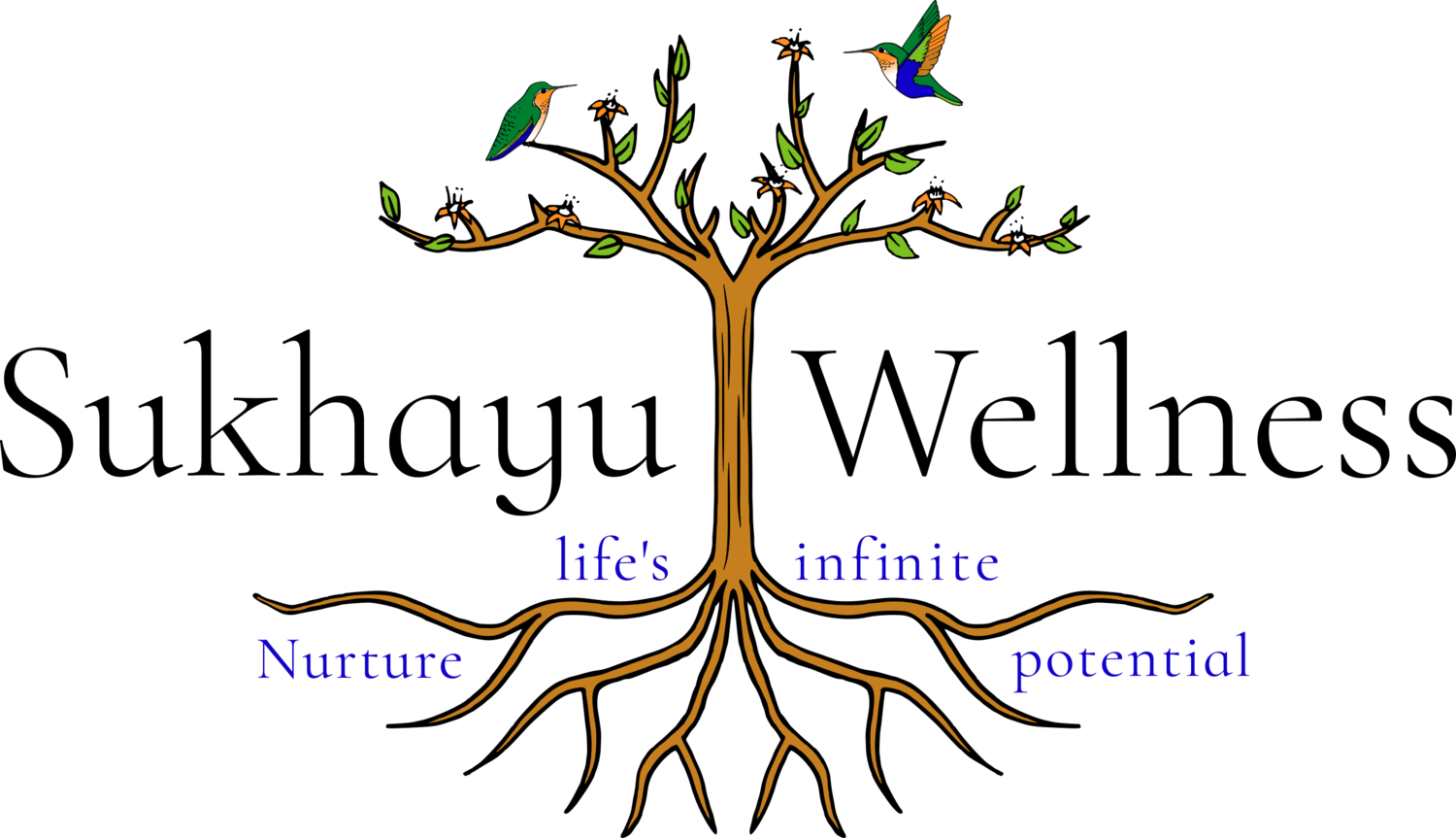Let’s meet in child’s pose and welcome the day
By Steven Meas, MD, PhD Student
This article was published in KevinMD.
Nice job, Steven!
Steven Meas, a MD-PhD student at Virginia Commonwealth University, received a scholarship to participate in a mind-body skills group facilitated by Dr. Jessica Singh.
In this article, he shares his experience with yoga as a health professionals student.
“As the years go by, I notice that, contrary to expectations, I have less and less control. There are some things we can change, and others are systemic problems that need change on a larger scale. By learning to deal with these issues in a healthy way, we can give ourselves back some control and regain our mental and physical health.”
Click here to read Steven’s article.
Mind-body skills groups, based on the model developed by Dr. James Gordon and the Center for Mind-Body Medicine, have numerous benefits. Not only have they been proven to increase quality of life, decrease depression and sleep disturbance, they also decrease burnout, secondary traumatic stress, and personal distress, and increase empathy in medical and nursing students.¹
“Each of us is also different, and there may be some strategies that work and others that don’t. Earlier this year I found myself in something called a Mind-Body Skills group, spearheaded by Dr. Jessica Singh of Sukhayu Wellness. Every week for about two months I would meet with a wonderful group of people over Zoom and learn a new technique that forms the foundation for Mind Body Medicine, a movement started by Dr. James Gordon in the 1990’s.
At first it was intimidating for me to share such intimate information with a group of strangers, but over time it became natural. My favourite activity was called ‘shaking and dancing’. As the rhythm began to pick up, we were instructed to shake, to move our bodies in any way the music commanded. Arms were flailing. Knees were buckling. Heads were spinning. And there was sweat. After the music died down, we took a moment to focus on our breath and share our experiences. Most of us felt much more relaxed than before, we moved our bodies in ways that we don’t typically, and we had fun. That was thrilling!
Sometimes when we’re stressed that tension gets caught up in our muscles, our neck, and we start to feel like that’s normal. This exercise, among other things, help us to relieve some of that tension and in the process maybe some of that stress, and that is a good thing. I would definitely recommend taking a mind-body skills group.””
Join Dr. Jessica Singh for an Upcoming Mind-Body Skills Group
Contact us if you are interested in joining a group or bringing them to your organization.
References:
van Vliet, M., Jong, M., & Jong, M. C. (2017). Long-term benefits by a mind–body medicine skills course on perceived stress and empathy among medical and nursing students. Medical teacher, 39(7), 710-719.


